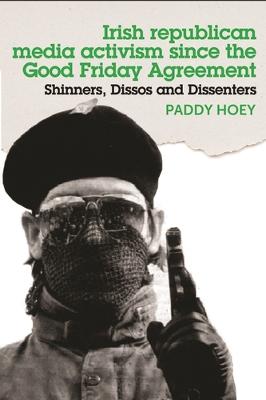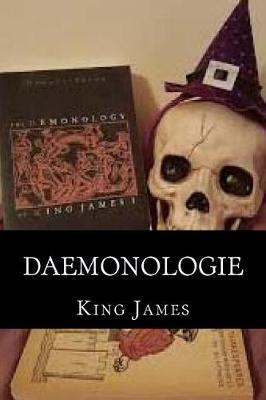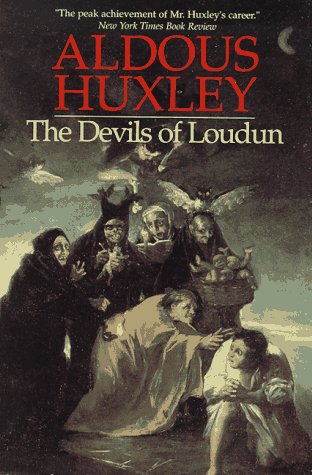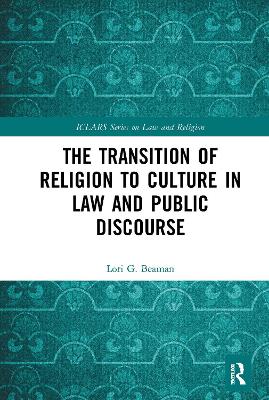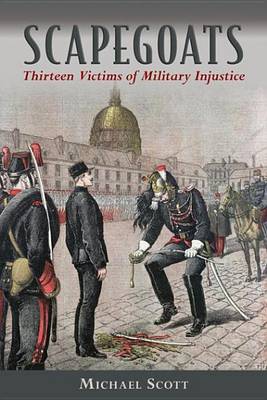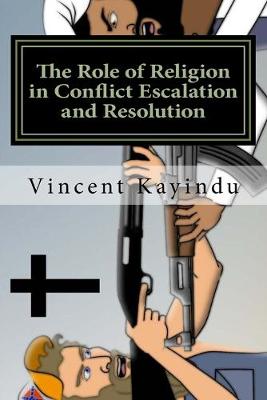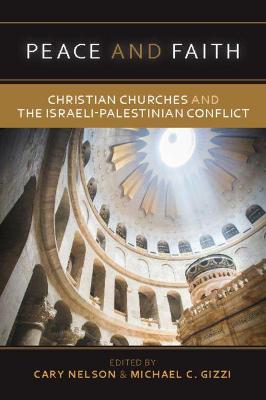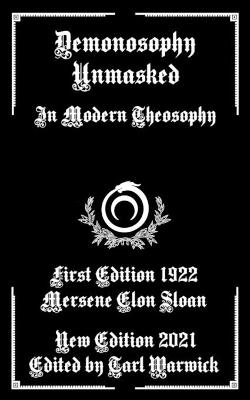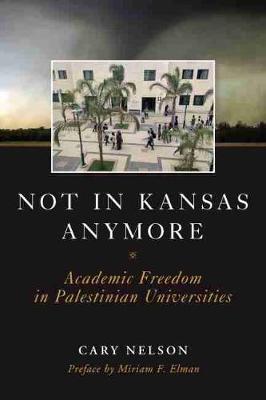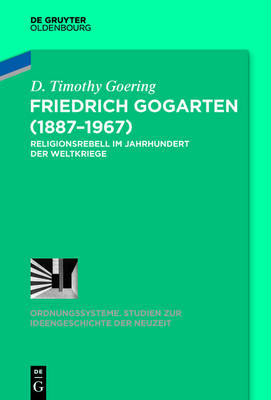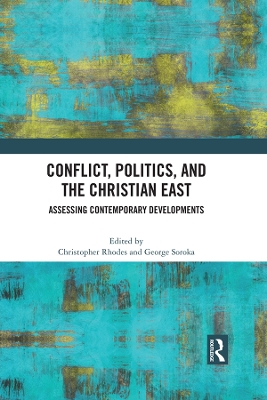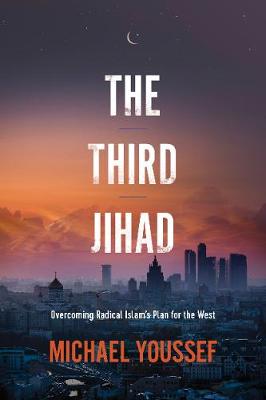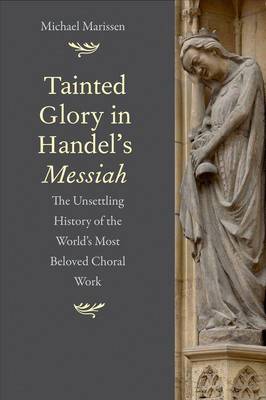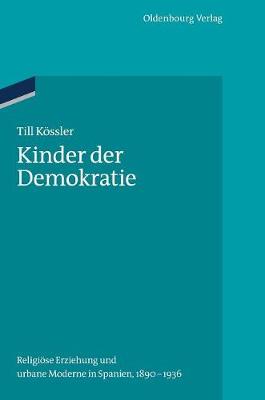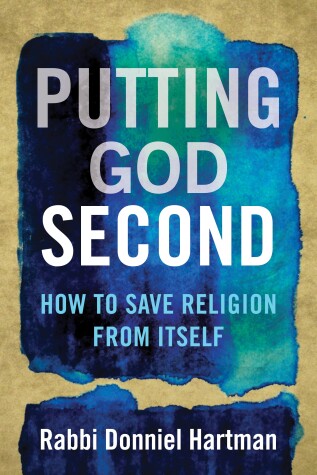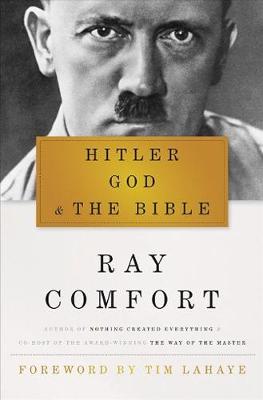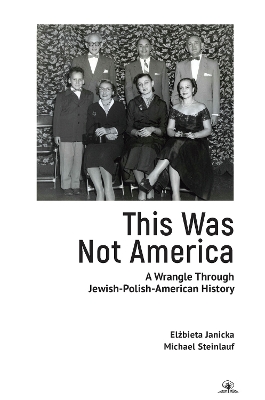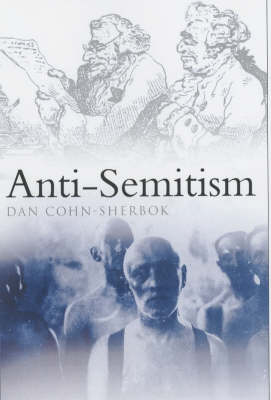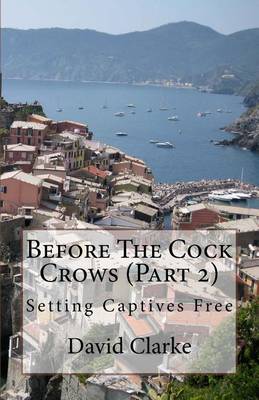Shinners, Dissos and Dissenters: Irish Republican Media Activism Since the Good Friday Agreement
by Paddy Hoey
Shinners, dissos, and dissenters is a long-term analysis of the development of Irish republican media activism since 1998 and the tumultuous years that followed the end of the Troubles. It is the first in-depth analysis of the newspapers, magazines and online spaces in which strands of Irish republicanism developed and were articulated in a period in which schism and dissent underscored a return to violence for dissidents. Based on an analysis of Irish republican media outlets as well as intervi...
At a time when news of strange sicknesses, sudden deaths and a widespread interest in witchcraft was discovered in the kingdom, a response to the pandemic was published in a dissertation written by King James. This dissertation provided the public with special knowledge regarding the history, practices and study of magick but also included the differences between ancient Witchcraft, Necromancy, Sorcery and the magick arts with all the sub categories and derivatives. This dissertation not only ex...
The Devils of Loudun (Flamingo modern classics) (The collected works of Aldous Huxley)
by Aldous Huxley
Urbain Grandier, parson of the French town of Loudun, was tortured and burned at the stake in 1634. He was accused of being in league with the Devil and seducing an entire convent of nuns, in what is the most sensational case of mass possession and sexual hysteria in history. Charming, handsome, dandyish and promiscuous, as soon as Grandier arrived in Loudun it became clear that he took more than a pastoral interest in his female parishioners. His reputation for arousing extraordinary sexual pas...
The Transition of Religion to Culture in Law and Public Discourse
by Lori Beaman
This book explores the recent trend toward the transformation of religious symbols and practices into culture in Western democracies. Analyses of three legal cases involving religion in the public sphere are used to illuminate this trend: a municipal council chamber; a town hall; and town board meetings. Each case involves a different national context—Canada, France and the United States—and each illustrates something interesting about the shape-shifting nature of religion, specifically its flex...
At all costs avoid blame. Such is the creed of dictators and politicians, tycoons and company chairmen, media celebrities and spin doctors the world over. But what about men at war, where the penalties for errors of judgement can be devastating? History is full of tales of those who have been wrongly castigated in the rush to find a culprit; only later, sometimes much later, when the real truth comes out, is the scapegoat exonerated.
The Role of Religion in Conflict Escalation and Resolution
by Vincent Kayindu
This book offers a re-evaluation of the emergence, development and outcome of the peace process in Northern Ireland. Drawing on interviews with many of the key participants of the peace process, newly released archival material and the existing scholarship on the conflict, it explains the decisions that shaped the peace process in their proper context. O'Kane argues that although the outcome of the process can be seen as a success, it is not the outcome that was originally expected or intended...
A zealous freedom-fighter who has galvanised Islamic fundamentalists worldwide into a fighting force capable of toppling evil western civilisation. A simple man, pious, upstanding and principled; the moral leader of the faithful. This is the image that Osama bin Laden wishes to project to the world. Now, for the first time, Bin Laden: Behind the Mask of the Terrorist blows the lid off the inside story. The first real insight into the life of the renegade phophet of the apocalypse reveals a past...
Conflict, Politics, and the Christian East
This book brings a crucial perspective to the examination of religion and politics in the Middle East and North Africa (MENA) by focusing on the roles that Christian communities play in this region. Acknowledging and exploring their political activity represents a much-needed contribution to the MENA literature, which overwhelmingly focuses on Islam.Through a collection of country case studies utilizing a variety of analytic methods, the contributors to this collection demonstrate how various Ch...
The Crusades (Blackwell Essential Readings in History, #5) (Reference Classics, v. 8)
The twelve complete articles in this volume represent some of the best recent scholarship on the crusades. The collection introduces students to fundamental concepts of crusading, including the nature of the movement, the motivation of the participants, and the impact on the East. The focus is not on individual crusades but on the political, economic, spiritual, and demographic factors behind these medieval holy wars and on their consequences. A strong editorial structure guides students through...
Why have the monotheistic religions failed to produce societies that live up to their ethical ideals? A prominent rabbi answers this question by looking at his own faith and offering a way for religion to heal itself. In Putting God Second, Rabbi Donniel Hartman tackles one of modern life’s most urgent and vexing questions: Why are the great monotheistic faiths—Judaism, Christianity, and Islam—chronically unable to fulfill their own self-professed goal of creating individuals infused with moral...
This book captures the story of the Taratuta family and their struggle to flee the hardships of the USSR and repatriate to Israel in the late twentieth century. The narrative follows the lives of three family members, Aba, his wife Ida, and their son Misha, as they endure countless struggles throughout their journey to freedom. Tense moments ensue as the refuseniks print copies of forbidden Zionist literature and textbooks, publicly support those detained in prison and the Gulag, organize scient...
Dan Cohn-Sherbok traces the origins of anti-Semitism and its manifestations, from political opposition, to racial persecution and religious and philosophical justifications for some of history's most outrageous acts. Against this background of intolerance and persecution, Cohn-Sherbok describes Jewish emancipation from the late 18th century and its gradual transformation into the parallel political and nationalistic ideal of Zionism. He explores how, in the post-war period, anti-Semitism, alread...
